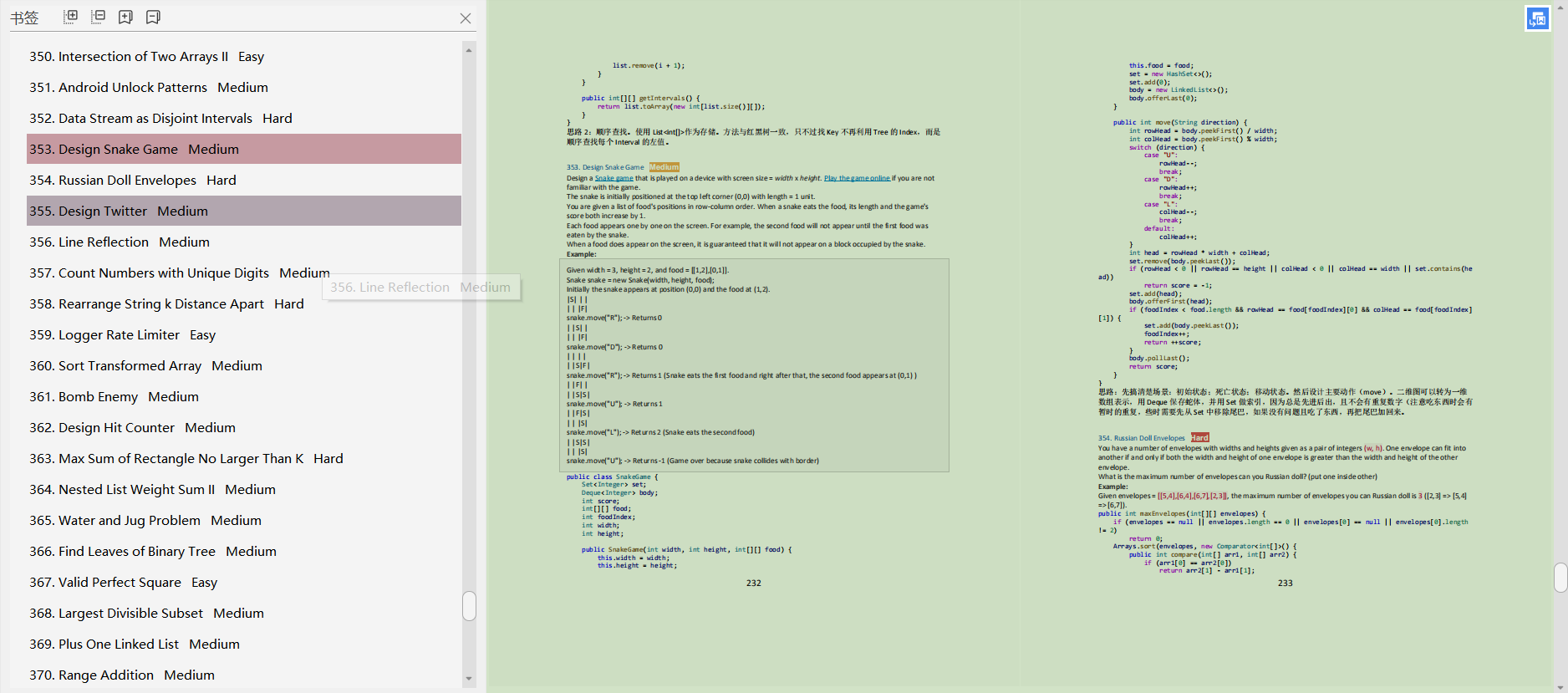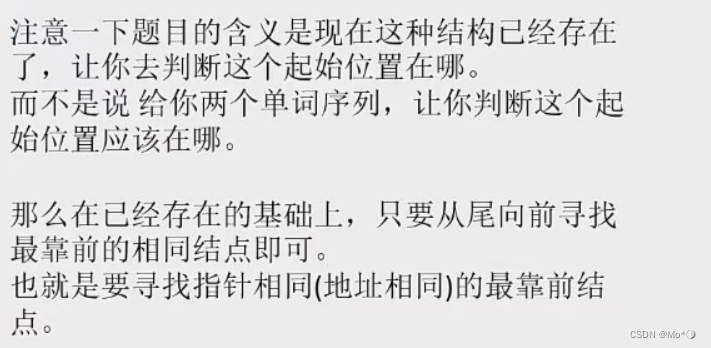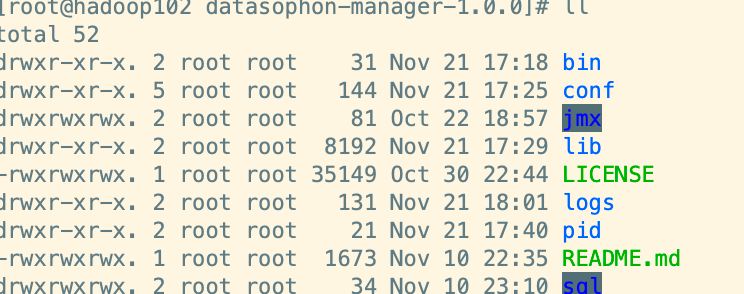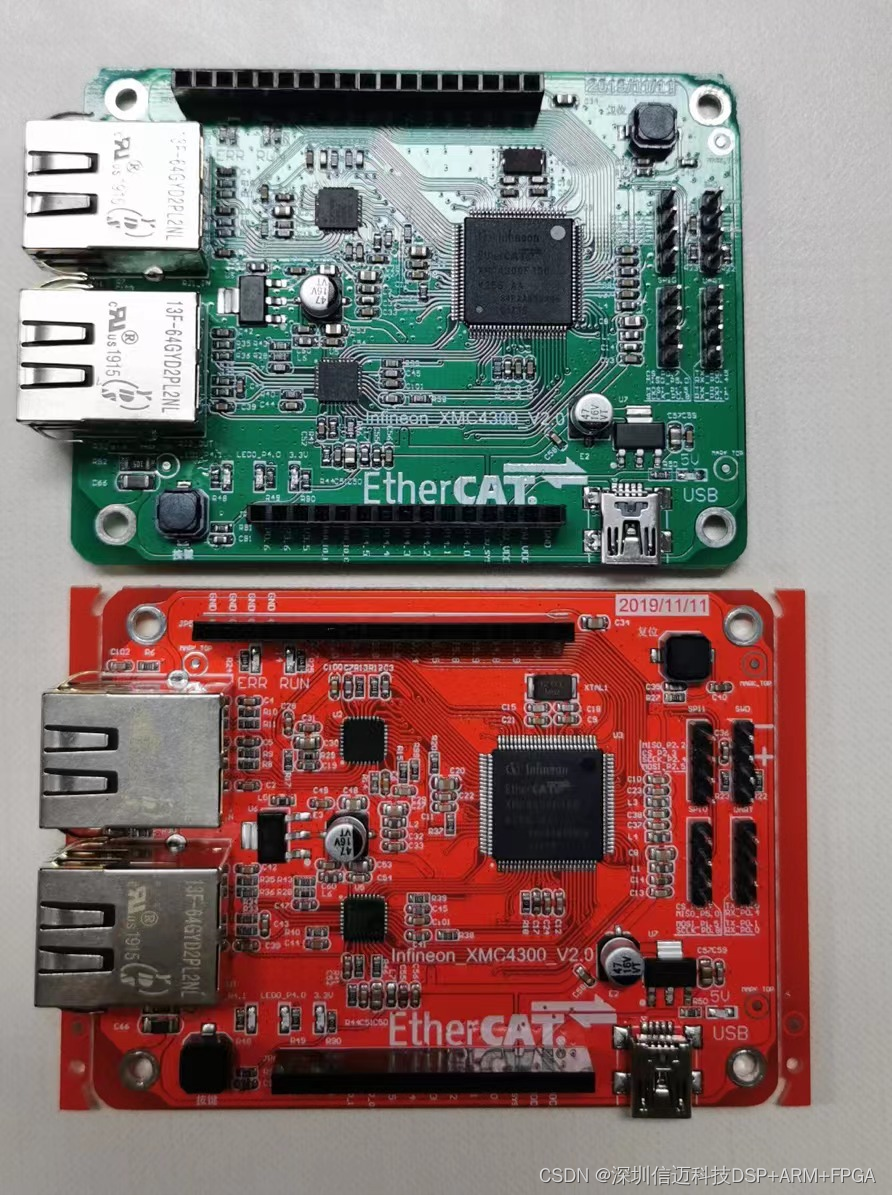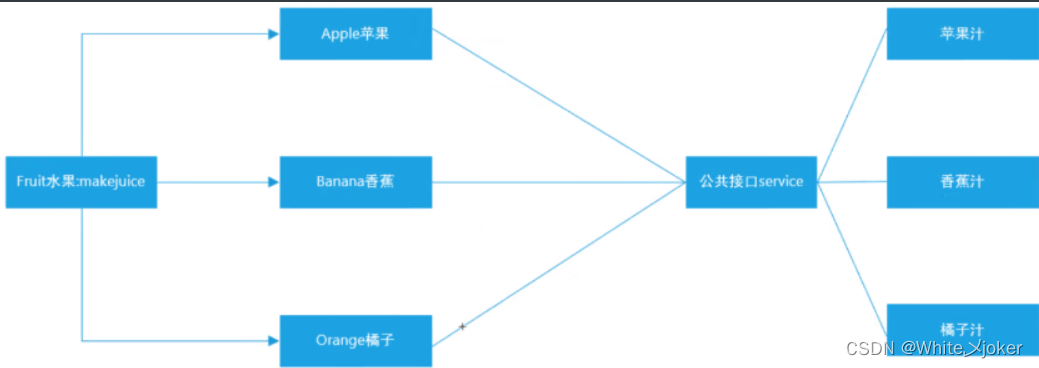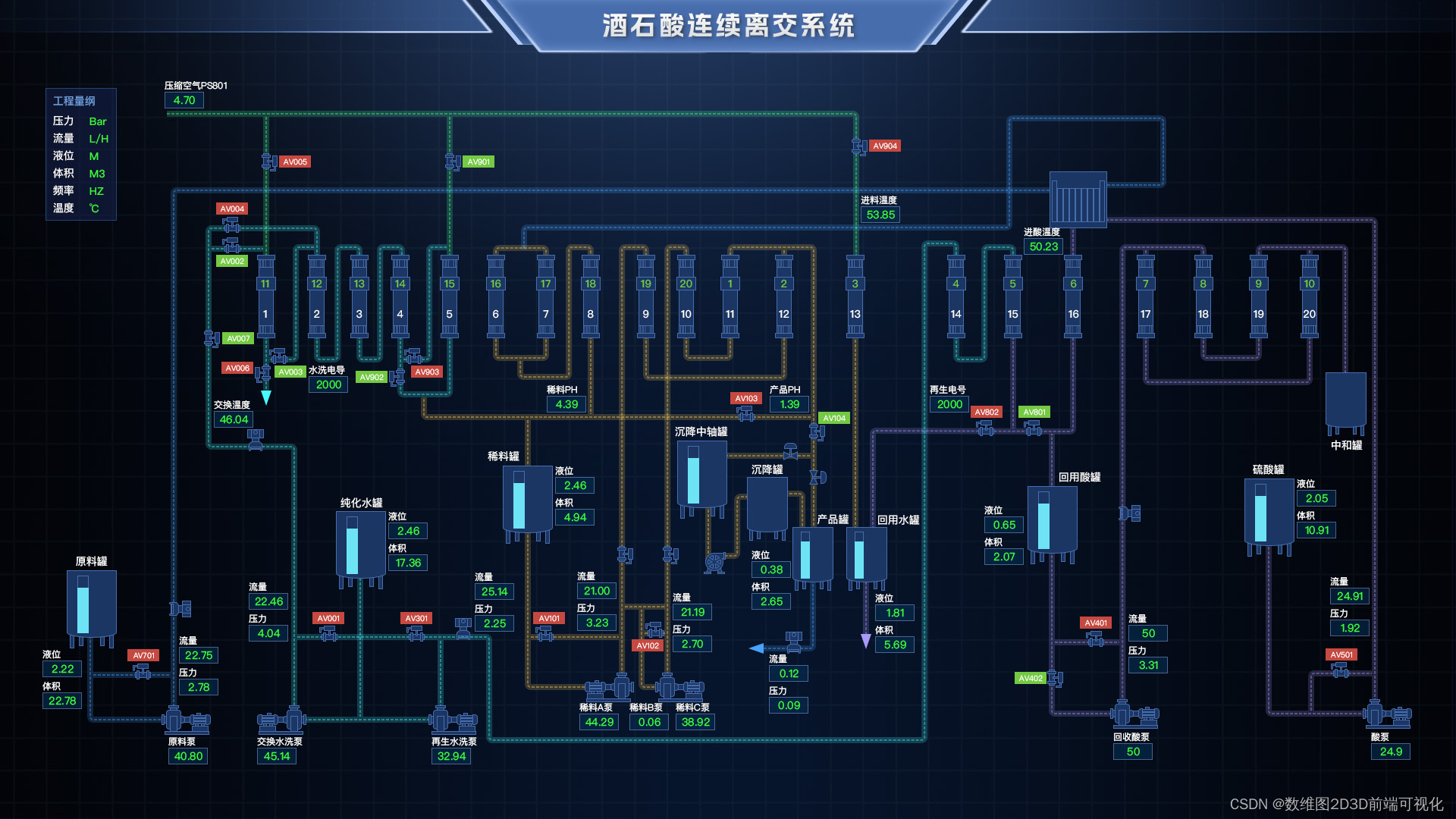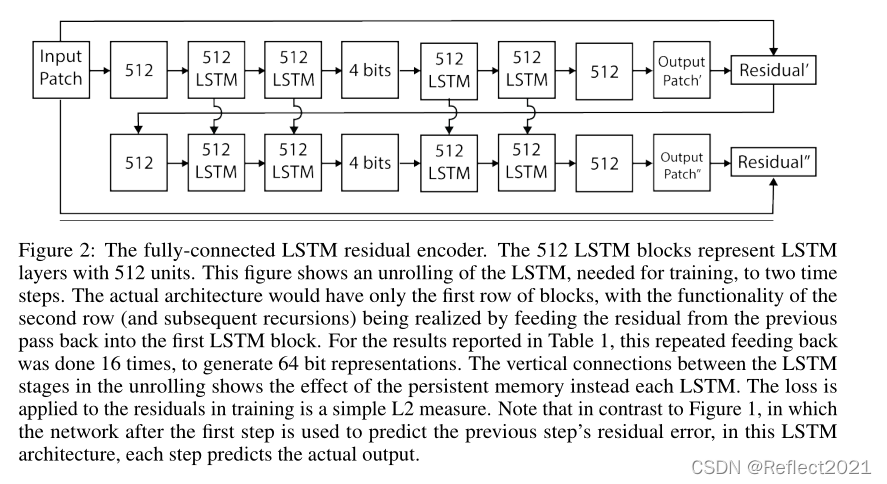众所周知,try语句报错,会执行catch语句,然后执行finally,以下这几种情况,看看会如何输出。
1、try语句中包含return,finally包含输出语句
public static void main(String[] args) {
// write your code here
System.out.println(get());
}
public static String get(){
try {
return "111";
} catch (Exception e) {
throw new NullPointerException();
} finally {
System.out.println(123);
}
}结果:finally正常输出

2、try语句报错,catch语句抛出错误,finally包含输出语句
public static void main(String[] args) {
// write your code here
System.out.println(get());
}
public static String get(){
try {
throw new NullPointerException();
} catch (Exception e) {
throw new NullPointerException();
} finally {
System.out.println(123);
}
}结果:finally执行成功,再抛出catch中的错误

3、try语句报错,catch包含return,finally包含输出语句
public static void main(String[] args) {
// write your code here
System.out.println(get());
}
public static String get(){
try {
throw new NullPointerException();
} catch (Exception e) {
System.out.println(111);
return "456";
} finally {
System.out.println(123);
}
}结果:catch中的语句输出成功,finally中的语句输出成功

4、try和finally中的语句都包含输出
public static void main(String[] args) {
// write your code here
System.out.println(get());
}
public static String get(){
try {
return "123";
} catch (Exception e) {
System.out.println(111);
return "456";
} finally {
return "789";
}
}结果:finally成功return

5、try报错,catch和finally包含return语句
public static void main(String[] args) {
// write your code here
System.out.println(get());
}
public static String get(){
try {
throw new NullPointerException();
} catch (Exception e) {
System.out.println(111);
return "456";
} finally {
return "789";
}
}结果:finally成功return

6、try包含return,finally抛出错误
public static void main(String[] args) {
// write your code here
System.out.println(get());
}
public static String get(){
try {
return "789";
} catch (Exception e) {
System.out.println(111);
return "456";
} finally {
throw new NullPointerException();
}
}结果:直接报错

7、try包含报错,catch包含return,finally抛出错误
public static void main(String[] args) {
// write your code here
System.out.println(get());
}
public static String get(){
try {
throw new RuntimeException();
} catch (Exception e) {
return "456";
} finally {
throw new NullPointerException();
}
}结果:直接报错

通过上面的例子,我们可以得到以下结论:
- finally语句存在的话,一定会执行
- 若try语句报错,会执行catch语句,如果catch语句也报错,则会先执行finally语句,再抛出catch的错误
- try语句或者catch语句return了,finally仍然会执行
- 若finally语句中包含return,则会覆盖try或者catch中的return
- 若finally语句报错,这个错误一定会抛出,终止程序










